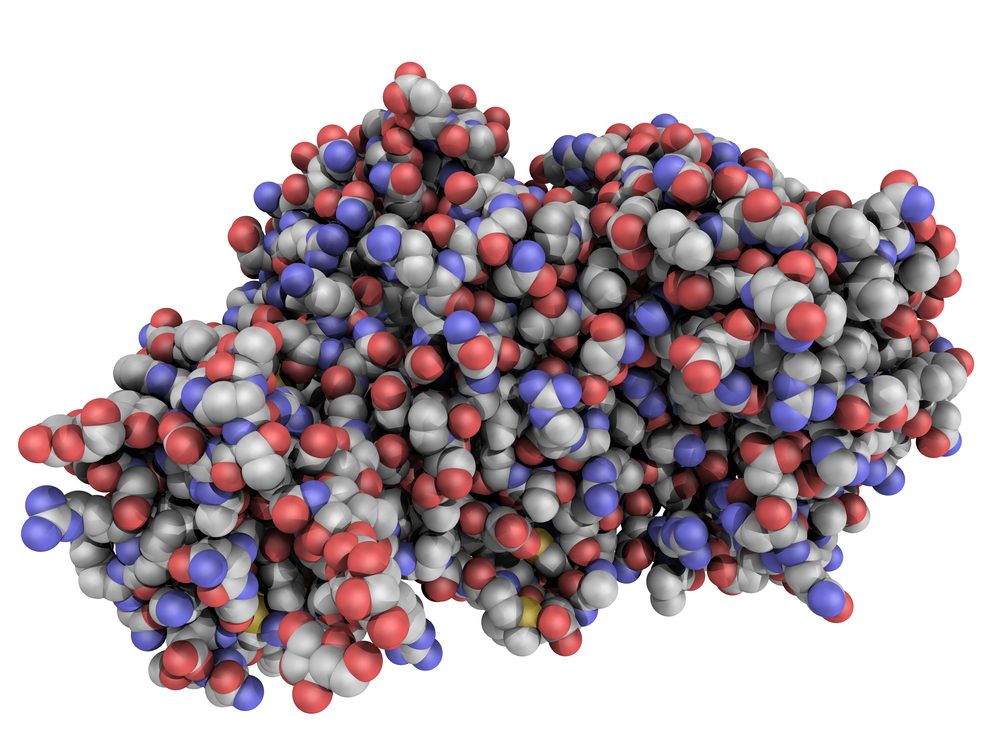
Operating under the requirements of the FDA “Animal Rule,” the biopharmaceutical company Soligenix, Inc. has identified biomarkers for ricin toxin vaccine (RiVax) testing.
Though RiVax was originally invented at the University of Texas Southwestern, Soligenix has seen a number of developments, including enhanced thermostability. It has already been demonstrated on mice and non-human primates (NHPs), which saw up to 100 percent protection against lethal doses of ricin toxin administered either systematically or by aerosol as a result.
The FDA Animal Rule governs what clinical trials could be considered unethical. In the case of a ricin toxin vaccine, clinical efficacy testing on humans falls under that categorization, as exposing the unvaccinated to ricin toxin would be fatal. The Animal Rule, therefore, requires a correlation between the response observed in clinical trials in healthy volunteers with the response shown in animal efficacy studies. This is where the biomarkers come in. Their identification to help reveal the connection between animal and human studies is a significant accomplishment.
Under these studies, the biomarkers identified included the ability of antibodies to recognize ricin, the ability of antibodies to prevent ricin toxicity and the ability of antibodies to bind to the SyH7 binding site on ricin protein–a binding site that neutralizes the ricin protein’s toxicity. All were found to be consistent across mice, NHPs and humans alike.




